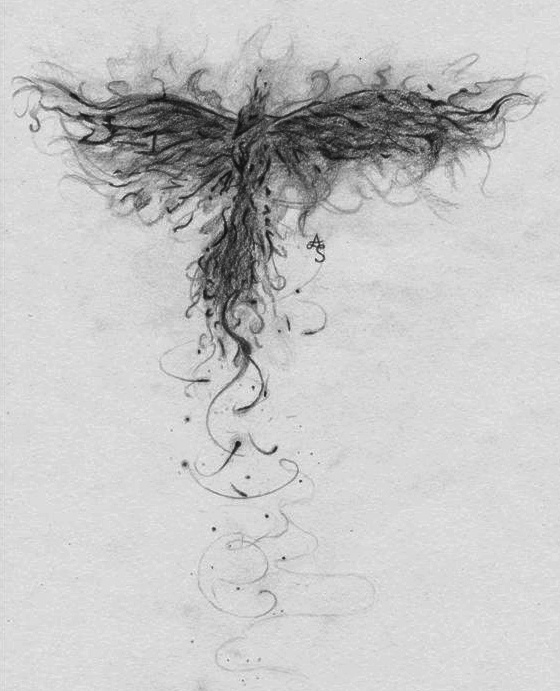What do you do in the aftermath of tragedy and disaster?
This is the question raised by this week’s Torah
portion. Its very name—and opening
words—Acharei Mot—raise the quandary,
as it means “after the death.” In this case, the death is that of Aaron’s
two sons Nadav and Avihu, who are scorched by fire in the prime of their lives
when they bring an unusual offering before God.
This episode, described in portion Shemini a few weeks ago, is
one of the most heartrending and inexplicable in the Torah. Generations of commentators have made copious
efforts to explain it, but none suffice; in the end, we are left with Aaron’s
stunned silence and raw grief.
Acharei Mot returns us to that horrific scene—or,
more precisely, to its aftermath. What does
it describe in the wake of the tragedy?
Not—as one might expect—details of a funeral or shivah, though
one can imagine those things happening.
Instead, after briefly recalling Nadav and Avihu’s deaths, the portion
goes on to offer a meticulous description of what Aaron and his remaining sons,
the priests/cohanim, did to minister
to the Israelites on Yom Kippur.
Why is this? The
excruciating pain of a tragic death never goes away; instead, it leaves the
mourners’ lives forever changed. Still,
Torah teaches, in the end, the survivors must somehow find a way to return to
daily life, tending to the ordinary details that somehow get them through the
day. Judaism could have died with Nadav and Avihu: Aaron and his family might
have easily refused to ever again enter the Tent of Meeting and thereby
destroyed the ritual at the community’s core.
But they didn’t. They mourned—and
then, though undoubtedly still grieving deeply, again took up the Divine
Service, ministering to the Jewish people and their needs. Perhaps this even brought them a modicum of
comfort.
*******
Eddie Vedder offers a beautifully understated response to tragedy
in his short, simple, and poignant song, “Rise,” from the film “Into the
Wild.” He performs solo, with just his
voice and a persistent, undeniable mandolin riff that drives the whole thing
forward, full of emotion, love and loss:
Such is the way of the world
You can never know
Just where to put all your faith
And how will it grow
You can never know
Just where to put all your faith
And how will it grow
Gonna rise up
Burning black holes in dark memories
Gonna rise up
Turning mistakes into gold
Burning black holes in dark memories
Gonna rise up
Turning mistakes into gold
Such is the passage of time
Too fast to fold
Suddenly swallowed by signs
Lo and behold
Too fast to fold
Suddenly swallowed by signs
Lo and behold
Gonna rise up
Find my direction magnetically
Gonna rise up
Throw down my ace in the hole
Find my direction magnetically
Gonna rise up
Throw down my ace in the hole
*******
Despite everything, we rise up.
It is fitting—and, perhaps, not coincidental—that we read
this portion this Shabbat, just two days after Yom HaShoah, our Holocaust Memorial
Day. We recall the immeasurable calamity
that destroyed so many of our people just seventy years ago. We remember.
And then we get back to the business of healing our community through
the timeless Jewish deeds of learning Torah, of spiritual service, and of
performing acts of loving kindness. Next
week we will read portion Kedoshim,
which means, “holiness.” After the death—remembrance,
and then reaching, again, for holiness.

1 comment:
Thank you, Dan, AGAIN
Post a Comment